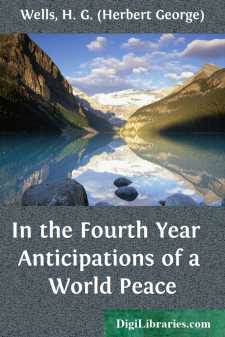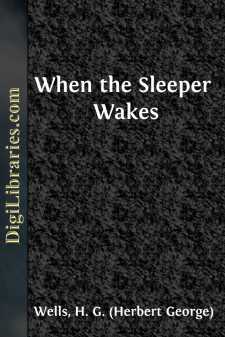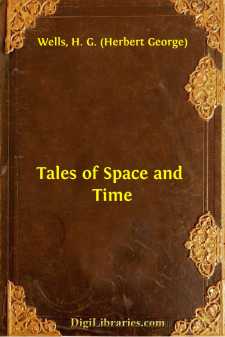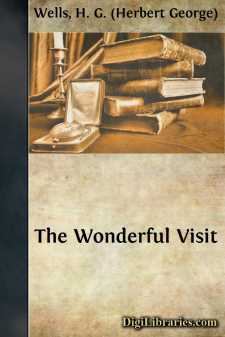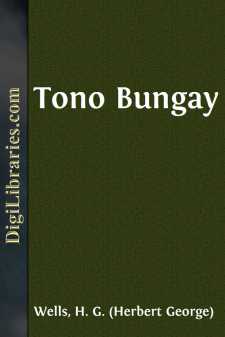Categories
- Antiques & Collectibles 13
- Architecture 36
- Art 48
- Bibles 22
- Biography & Autobiography 813
- Body, Mind & Spirit 142
- Business & Economics 28
- Children's Books 15
- Children's Fiction 12
- Computers 4
- Cooking 94
- Crafts & Hobbies 4
- Drama 346
- Education 46
- Family & Relationships 57
- Fiction 11828
- Games 19
- Gardening 17
- Health & Fitness 34
- History 1377
- House & Home 1
- Humor 147
- Juvenile Fiction 1873
- Juvenile Nonfiction 202
- Language Arts & Disciplines 88
- Law 16
- Literary Collections 686
- Literary Criticism 179
- Mathematics 13
- Medical 41
- Music 40
- Nature 179
- Non-Classifiable 1768
- Performing Arts 7
- Periodicals 1453
- Philosophy 64
- Photography 2
- Poetry 896
- Political Science 203
- Psychology 42
- Reference 154
- Religion 513
- Science 126
- Self-Help 84
- Social Science 81
- Sports & Recreation 34
- Study Aids 3
- Technology & Engineering 59
- Transportation 23
- Travel 463
- True Crime 29
In the Fourth Year Anticipations of a World Peace
Description:
Excerpt
I
THE WAY TO CONCRETE REALIZATION
More and more frequently does one hear this phrase, The League of Nations, used to express the outline idea of the new world that will come out of the war. There can be no doubt that the phrase has taken hold of the imaginations of great multitudes of people: it is one of those creative phrases that may alter the whole destiny of mankind. But as yet it is still a very vague phrase, a cloudy promise of peace. I make no apology therefore, for casting my discussion of it in the most general terms. The idea is the idea of united human effort to put an end to wars; the first practical question, that must precede all others, is how far can we hope to get to a concrete realization of that?
But first let me note the fourth word in the second title of this book. The common talk is of a "League of Nations" merely. I follow the man who is, more than any other man, the leader of English political thought throughout the world to-day, President Wilson, in inserting that significant adjective "Free." We western allies know to-day what is involved in making bargains with governments that do not stand for their peoples; we have had all our Russian deal, for example, repudiated and thrust back upon our hands; and it is clearly in his mind, as it must be in the minds of all reasonable men, that no mere "scrap of paper," with just a monarch's or a chancellor's endorsement, is a good enough earnest of fellowship in the league. It cannot be a diplomatist's league. The League of Nations, if it is to have any such effect as people seem to hope from it, must be, in the first place, "understanded of the people." It must be supported by sustained, deliberate explanation, and by teaching in school and church and press of the whole mass of all the peoples concerned. I underline the adjective "Free" here to set aside, once for all, any possible misconception that this modern idea of a League of Nations has any affinity to that Holy Alliance of the diplomatists, which set out to keep the peace of Europe so disastrously a century ago.
Later I will discuss the powers of the League. But before I come to that I would like to say a little about the more general question of its nature and authority. What sort of gathering will embody it? The suggestions made range from a mere advisory body, rather like the Hague convention, which will merely pronounce on the rights and wrongs of any international conflict, to the idea of a sort of Super-State, a Parliament of Mankind, a "Super National" Authority, practically taking over the sovereignty of the existing states and empires of the world. Most people's ideas of the League fall between these extremes. They want the League to be something more than an ethical court, they want a League that will act, but on the other hand they shrink from any loss of "our independence." There seems to be a conflict here. There is a real need for many people to tidy up their ideas at this point. We cannot have our cake and eat it....


